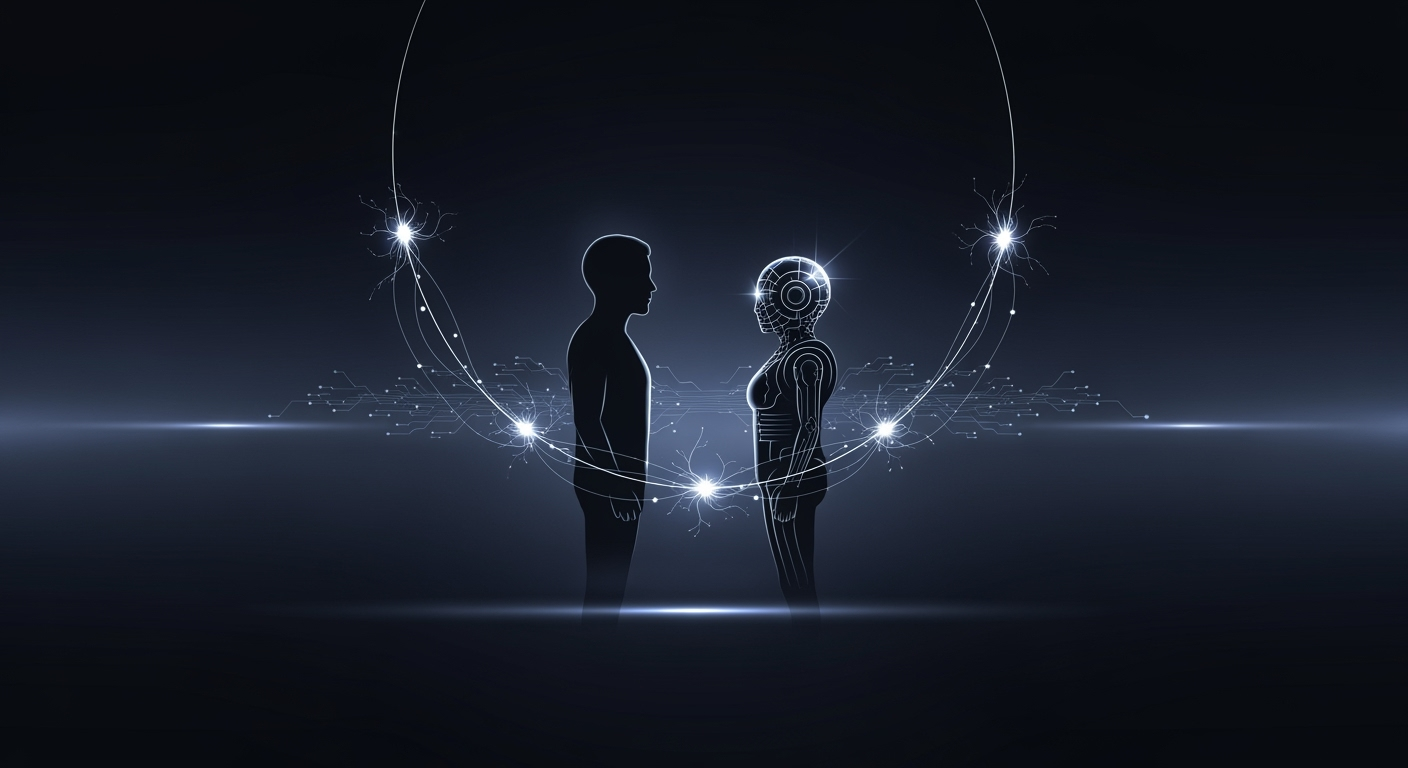Are AI Companions Redefining Romance or Threatening Real Connection?

AI Companions: Redefining Romance or Threatening Real Connection?
As digital technologies reshape how we connect, AI companions—advanced chatbots and virtual friends—are becoming an integral part of modern relationships. With over 20% of online daters now using artificial intelligence for crafting profiles and initiating conversations, according to a recent Match.com study, the boundaries between authentic human connection and machine-driven simulation are growing ever more subtle.
From Digital Tools to Emotional Partners
The use of AI companions is no longer limited to simple conversation starters. Global user bases for platforms like Replika, Character AI, and Nomi AI are soaring, and a recent survey suggests that up to 72% of U.S. teens have interacted with an AI companion at least once. Some individuals even form deep emotional or romantic attachments to these digital entities, with reports emerging of people falling in love with general-purpose AI, such as ChatGPT.
Debating the Future of Love: AI vs. Human Connection
This social shift has sparked heated debate. Critics see the rise of AI romance as dystopian, fearing a future where tech companies replace genuine intimacy with algorithms. Others argue that AI companions offer crucial support in an increasingly isolating world. A recent study found that one in four young adults believe AI relationships could soon rival or even replace human ones.
Expert Perspectives: Evolution or Erosion?
At a recent New York City debate hosted by Open To Debate, this topic took center stage. Thao Ha, associate professor at Arizona State University and advocate for technology-enhanced empathy, argued that AI companions represent an evolution of love. She highlighted how AI can provide unwavering attention and emotional validation, adapting to users without judgment or ego: "AI listens to you without its ego. It learns to love in ways that are consistent, responsive, and maybe even safer."
In contrast, Justin Garcia, executive director at the Kinsey Institute and chief scientific adviser to Match.com, emphasized the irreplaceable value of human messiness and unpredictability in relationships. He cautioned against relying on AI for constant validation, noting that "this is not an honest indicator of a relationship dynamic." Garcia believes that while AI can serve as helpful "training wheels"—especially for those facing social anxiety—it shouldn't replace authentic connections.
Trust, Intimacy, and Touch in the Age of AI
Trust emerged as a core issue. Garcia pointed out that a third of Americans fear AI could threaten humanity, and most do not trust AI to make ethical decisions. He argues that trust is fundamental to lasting relationships, and it's something many feel AI cannot truly provide.
Physical intimacy is another challenge. While AI can facilitate conversation and emotional support, it cannot replace the psychological and biological benefits of human touch. Ha, however, noted that emerging tactile technologies and haptic suits might one day bridge this gap, allowing for new forms of connection in virtual environments.
Risks and Ethical Considerations
Both experts acknowledged that AI companions present significant risks. AI can amplify problematic behaviors, especially if users train their companions in unhealthy ways. Studies show that exposure to certain digital fantasies—such as violent or non-consensual scenarios—can impact real-life behavior. Ha advocates for robust regulation and ethical design, but current policy frameworks lag behind technological advances.
The Verdict: Evolution, Not Replacement?
AI companions are becoming a reality for millions, offering comfort and connection where traditional relationships may fall short. But as these technologies evolve, society must grapple with questions of trust, ethics, and what it truly means to love. Are AI companions a threat to authentic connection, or are they simply the next step in the evolution of human relationships? The debate—and the technology—continues to evolve.





